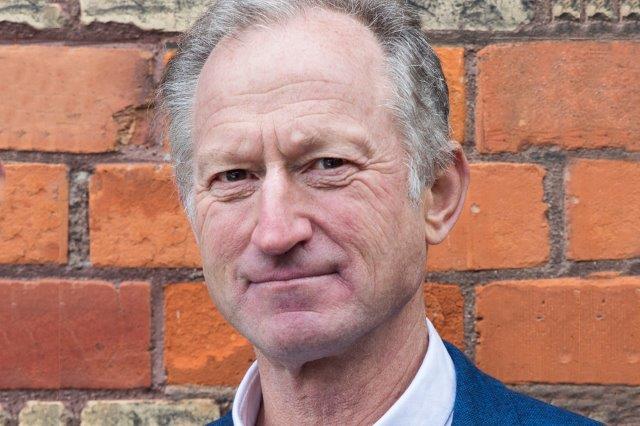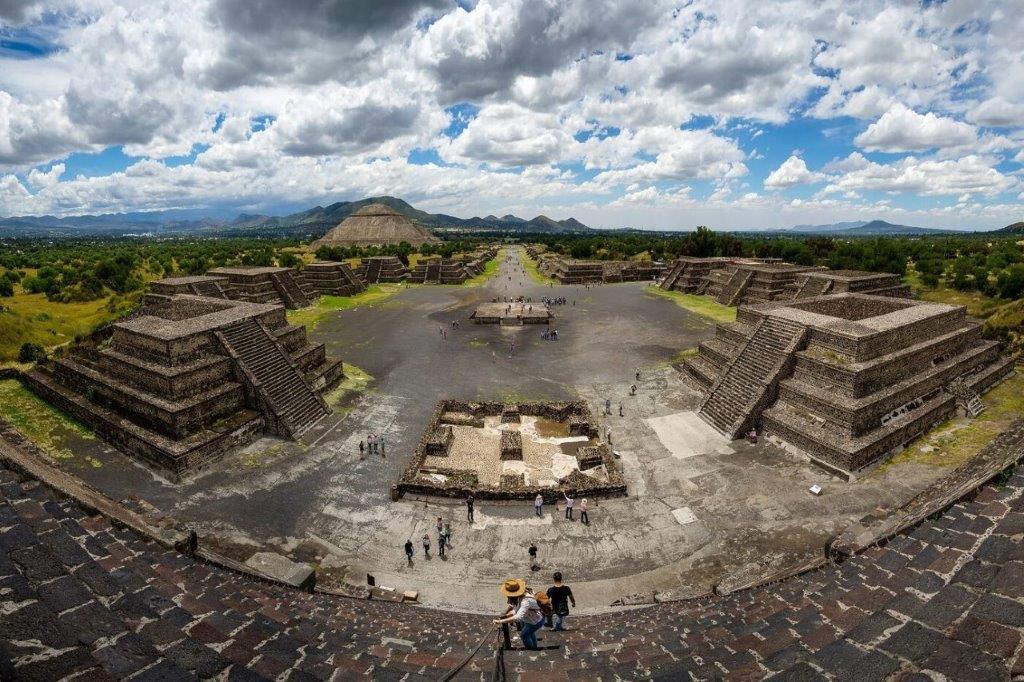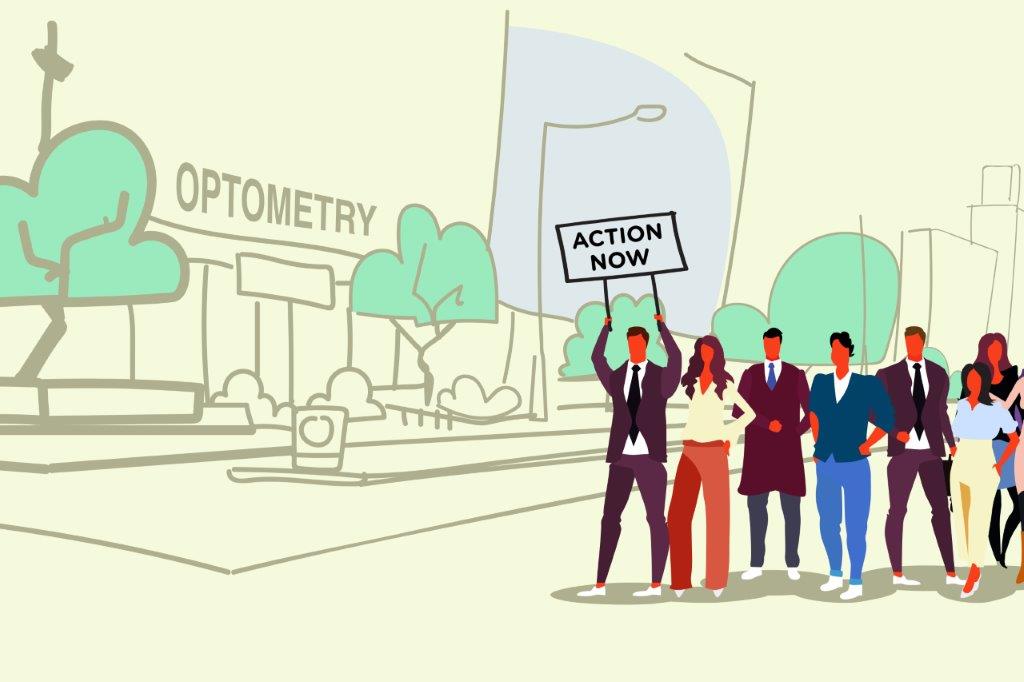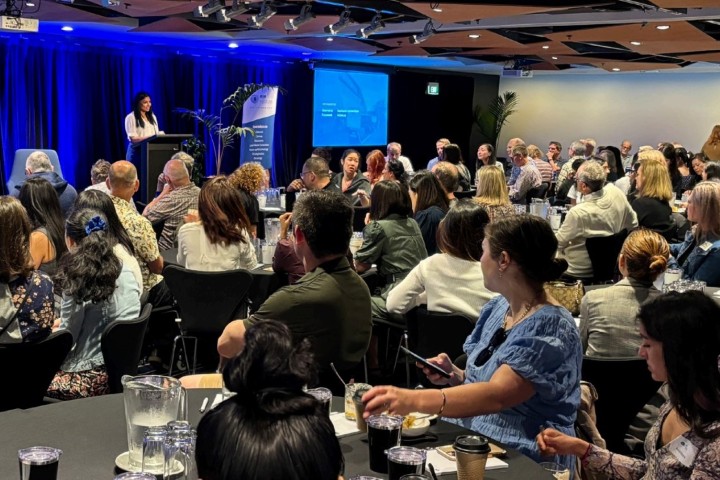The spoils of history
There is a well-understood narrative for the history of humanity. It describes how we made our way from the Stone Age to Instagram and all of those small miracles we take for granted: the computer in our pocket, the satellites we put in space, the digital clocks on our appliances that blink ‘00:00’, waiting for us to demonstrate that we are altogether smarter than the cavemen we left behind.
It lays out our steady ascent from hunter-gatherers to settled farmers, surplus food production fuelling population growth and leading on to the creation of cities, and all of that making possible the kingdoms, empires and civilisation. Then onwards to science, capitalism, the Industrial Revolution and the modern bureaucratic state. But what if archaeologists were to unearth a whole lot more in the ruins of lost cities and civilisations? What if expert study of this evidence suggested this version of settled history is mistaken and far from the whole picture?
This is what I learned last summer holidays from The Dawn of Everything: A New History of Humanity by David Graeber and David Wengrow, a book I have been quoting to people all year. “You must read it,” I tell them, “It’s astonishing”. It might seem indisputable that the way we moved forward was the one that served humanity best. But is it possible we took some wrong turns along the road to paradise and ended up here instead? The authors take stock of where we’ve landed and declare this world of ours to be – notwithstanding our immense accomplishments – one of “war, greed, exploitation and systematic indifference to others’ suffering”.
Graeber and Wengrow offer some fascinating instances of turns taken by other societies, which found ways of living that were a happier proposition for all. This is not crank science or swivel-eyed conspiracy stuff – it’s authoritative scholarship drawing on a wealth of recent archaeological discoveries. In particular, they write of the especially striking ancient Mexican city known as Teotihuacan, as large and as magnificent as Rome. “Many citizens enjoyed a standard of living that is rarely achieved across such a wide sector of urban society in any period of urban history, including our own,” they tell us. And the citizens protected that. At one point, they found themselves sliding towards authoritarianism and recoiled in horror. They abruptly changed course and abandoned monument-building and human sacrifice in favour of construction of high-quality public housing.
We might well say, “Very good, but where are they today, eh?” And that would be a fair question. But to the victor can go the spoiling of history.
We regard these last 5,000 years as a story of the ebb and flow of kingdoms and empires, but this fresh history describes those kingdoms and empires as “exceptional islands of political hierarchy.” What was far more prevalent, they say, were people living in ways that avoided being tied up in such fixed systems of authority.
What we know about the past 30,000 years, in other words, is just a fraction of the story. And in other parts of that picture lie clues suggesting how we might find better ways for us all to live together – some way to achieve our undeniable technological and scientific prowess and match it with something more compassionate than all that war, greed and exploitation.
I’ve written before about Graeber’s ideas, in particular what he saw as our limited conception of what it means to be free. He contended that we were so blinkered by the ways of the modern working world, we didn’t see that, in effect, most of us were slaves to the system. That thinking is played out here too, and it’s fascinating and tantalising to contemplate the ways in which you might recast things, try to make life better, happier, kinder for everyone.
How might you manage to move us from here to that kind of ‘there’, though? How might you bring about social and political and economic reorganisation on the kind of scale this suggests? How might you even get anything like agreement among us all about such a thing when we’re altogether better at building missiles and maximising shareholder value?
All the same, I’m going to keep on waving this book at everyone and urging them to read it. It’s astonishing.

David Slack is an Auckland-based author, radio and TV commentator and speechwriter.


























